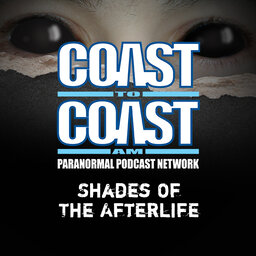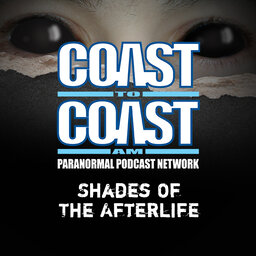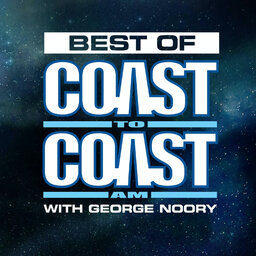Episode 157: Our 3rd Birthday Celebration!
Join the festivities with Sandra and the New “AFTER DEATH” Movie Director Stephen Gray & Producer Jens Jacob
Shades of the Afterlife
What waits for us on the other side? That's a question that people have asked for ages. Each week on…Social links
Follow podcast
Recent clips

Episode 278: Miracles in the ICU: A Neurologist’s Witness to the Soul.
51:38

Episode 277: 16 Minutes Dead: The Hockey Player’s Miracle & The Flying Nun.
50:17

Episode 276: Marriage in Heaven? Soulmates & Romance Across the Veil.
50:27
 Shades of the Afterlife
Shades of the Afterlife
